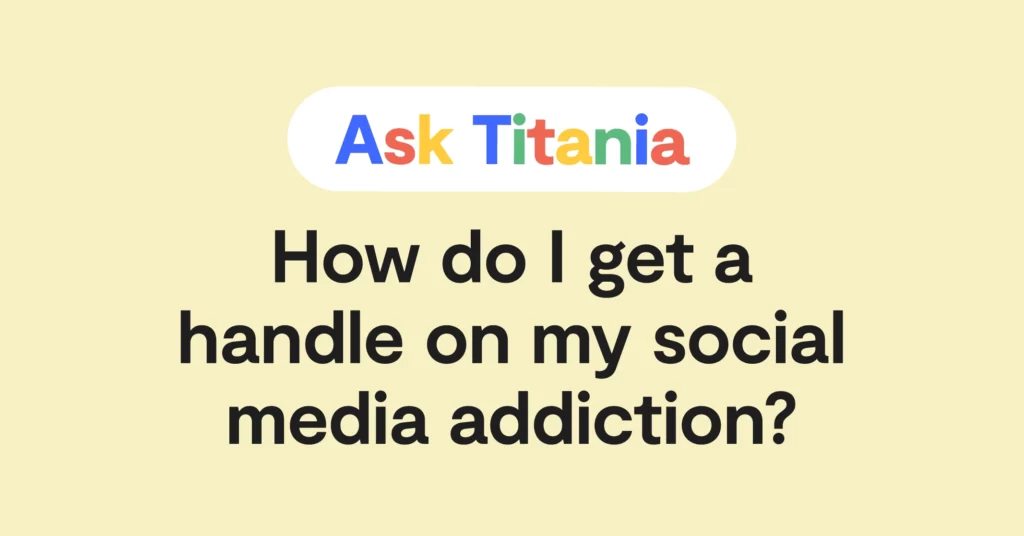Whether your children have just started back in the classroom, are nearing the end of the academic year, or are just coming back from an extended school break, getting back into the groove of the school year can always be a little bit challenging.
Ask any middle-school or high-school aged kid and they’ll tell you: school is a lot. There’s a lot of work. A lot of teachers. A lot of demands. A lot of social pressures. And a LOT of screens.
In fact, this is the first generation of children where classroom monitors, school-assigned computers, and personal phones or tablets are just a part of what going to school is.
Yeah, deep breath.
So how can we help our kids not just survive, but thrive in this environment? Of course, the first thing to do is to help keep them as safe as possible online as we can. And that gets tricky, right?
Well, hopefully this guide helps break it all down for you so you can gain a good sense of what you can do. Like, right now.
Stay interested
Your kid is watching and learning from you all the time. They see you staring at your own phone when they ask you to watch them do something. It goes without saying that children look to their parents first when it comes to learning, navigating, and simply how to exist in the world. So the first thing we should always do is to put down our own phones, close the laptops, and tune in to what they’re doing. In the carpool line? Put the phone away. At the recital? Put the phone away. At their soccer game? Put the phone away. Do you see where I’m going with this?
(P.S. This is a reminder to myself, as well. I’m right there with you.)
Speak up
Many school-issued devices and accounts put children at risk. And to make matters worse, they often lack sufficient filters and management to completely protect kids while they're on campus, let alone when they take their devices home. On top of this, many children are tech-savvy enough to bypass these filters and restrictions.
While there’s a movement to make schools phone-free again and reduce the amount of unnecessary tech in the classrooms, if you feel like something is off, don’t hesitate to bring your concerns to administration.
We’re just now starting to see the negative impacts of giving children too much tech access, both at home and at school, from the past 15 years. We're not always going to get it right, but we can't stand by and ignore what's happening. If you would like some tips for how to advocate for safer tech in your child’s school, please check out these school resources from our favorite podcast, Scrolling 2 Death.
Keep them moving
Whether it's a movie or an online game, some schools use screens as downtime or as pseudo-recess. But nothing could be more important than physical movement for a child to help them stay regulated in mind and body. As we all know, staring at a screen all day, every day, means students can become disembodied, with a tendency to dissociate, decreasing capacity for optimal executive function, emotional regulation, and focus.
Create balance
Every family gets to choose its own relationship with connected devices. Some allow considerable screen time. Others opt for more of a media-light approach, where screen time is more regulated, or even incentivized. Regardless of where your family falls, try not to allow too much screen time. Limits are always helpful. Every day, it seems like there is more data about the need to limit screen time for both children and adults.
The American Academy of Pediatrics suggests the following:
- Children under 2: No screen time
- Children 2–12: One hour per day
- Teens and adults: Two hours per day
They also suggest the creation of screen-free zones, where bedrooms, kitchens, and mealtimes become analog again. Another good recommendation is an electronic curfew, which means that screens are off and removed 30–60 minutes before bedtime.
Give them space
If you have older children, you’ll want to give them the space they need to grow during these crucial years. Remember, the goal of adolescence is to separate. From both development and evolutionary perspectives, this makes sense. The goal, your job, is to make your child independent of you. That said, please don’t check out completely. Our tweens and teens need us to monitor their digital lives (within reason), and they need to know we are a safe place for them if and when they encounter problems.
We are certainly living in unprecedented times. And yet we don’t need a computer to tell us what makes sense and what doesn’t. At the end of the day, remember that you are the parent. So be empowered to take the lead. You set the boundaries. You call the shots. You are the parent, not a friend —but you can still be friendly.
You get to provide the guidance, oversight, and encouragement to help them navigate this new world. For more on navigating tech in the school year, or anything else tech-related, make sure you visit the Bark Blog here. You can also try a free, one-week trial of Bark to see how it can be transformative for your family. Whether it’s our app, in-home hardware, safer smartphone for kids, smart watch, or free community - we’ve got you covered.
Read more
Bark helps families manage and protect their children’s digital lives.






